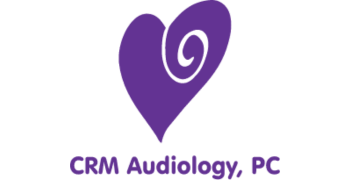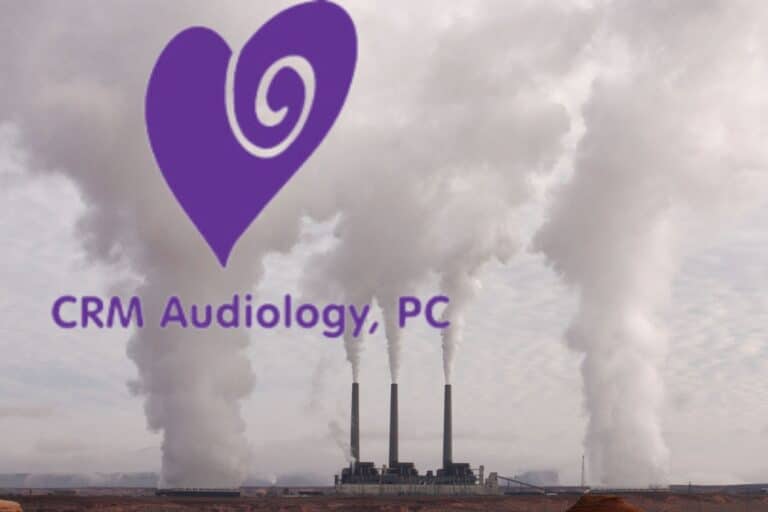The effects of pollution on our physical health are widely recognized, but did you know that it can also impact our hearing abilities? Studies warn that an increase in pollution levels can contribute to hearing loss and impairments. This alarming revelation calls for better understanding and awareness, as failure to tackle this problem will result in increased cases of hearing issues. In this article, we aim to unveil the connection between pollution and hearing, explore how different types of pollutants wreak havoc on our auditory system, and conclude with preventive measures to safeguard our hearing health.
Understanding Sound and Hearing
Outlining the essential aspects of hearing, our ears work diligently to capture sounds and transmit them to our brains. Unfortunately, hearing loss, particularly Noise-Induced Hearing Loss (NIHL), can obstruct this process. NIHL occurs following exposure to harmful sounds that damage the hair cells in our ears, which are responsible for converting sound energy into electrical signals for the brain.
Exploring the Pollutants – Noise Pollution & Air Pollution
Noise pollution, from heavy traffic to loud music, can be particularly detrimental to our overall hearing health. Continuous exposure to loud noise can cause NIHL, leading to temporary or permanent hearing loss. Conversely, air pollution doesn’t directly harm our hearing, but its chronic exposure can lead to inflammation and oxidative stress, negatively impacting the auditory system.
Scientific Evidence Linking Pollution and Hearing Loss
Research indicates a correlation between high pollution levels and hearing difficulties. In essence, pollutants introduce free radicals into the body, which can damage the sensory cells in the inner ear. This process disrupts the conversion of sound into nerve impulses, ultimately compromising our hearing capacity.
Prevention and Protection Measures
To combat these issues, sound measures like limiting exposure to overly loud environments, wearing protective earplugs, and maintaining good indoor air quality are recommended. Moreover, regular hearing checks and consultations with audiology experts like us at CRM Audiology can help in early detection and management of hearing issues.
Comprehending pollution’s impact on hearing health is critical. It prompts all of us to take proactive steps to protect our ears. Armed with this awareness, let’s actively share this information and encourage others to understand the link between pollution and hearing loss. As we strive for healthier hearing, remember to make regular appointments with audiology experts. At CRM Audiology, we are committed to safeguarding your hearing health. Book your appointment with us today.



